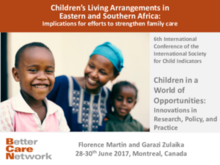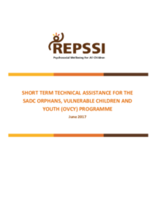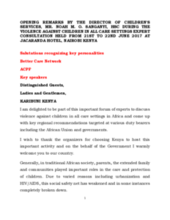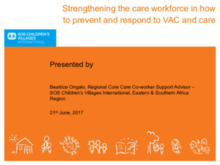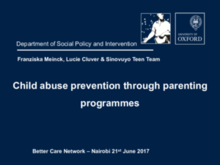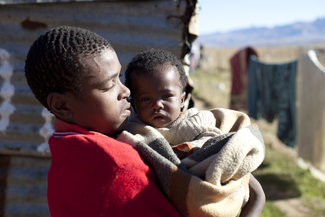

Displaying 271 - 280 of 579
This study assesses the impact of of official government intervention programmes in managing child vulnerability and Child Headed Households (CHHs) in South Africa.
This presentation was given by Florence Martin of Better Care Network at the 6th International Conference of the International Society for Child Indicators in Montreal, Canada in June 2017.
REPSSI is supporting SADC to secure a consultant to provide short term technical assistance (TA) for the orphans, vulnerable children and youth programme.
This document includes the opening remarks given at the Africa Expert Consultation on Violence against Children (VAC) in All Care Settings by Mr. Noah Sanganyi, the Director of Kenya's Department of Children's Services.
This presentation describes the issue of violence against children in alternative care settings in East and Southern Africa and offers recommendations on how to strengthen the care workforce to ensure it is equipped to prevent and respond to violence against children in alternative care.
This presentation describes the process, key findings, and recommendations from the Sinovuyo Teen Study, a project of the World Health Organisation's Parenting for Lifelong Health.
Catholic Relief Serices (CRS) is recruiting for a Technical Advisor for the Coordinating Comprehensive Care for Children (4Children) Project.
This article features the stories of undocumented children in South Africa and the adversities they face due to their legal status. Robyn Wolfson Vorster makes the case for reform, arguing the country's current policies surrounding undocumented children are neither productive nor economically advantageous.
The study explored the health challenges faced by orphans living with extended families in South Africa.
This systematic review draws from previous research to provide a broad picture of the challenges of adolescent females in child-headed households in South Africa.

